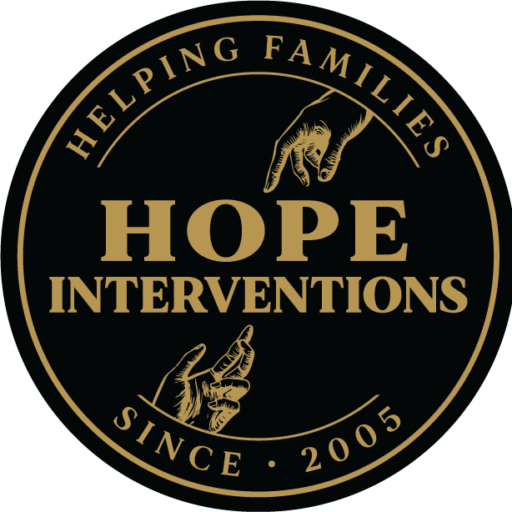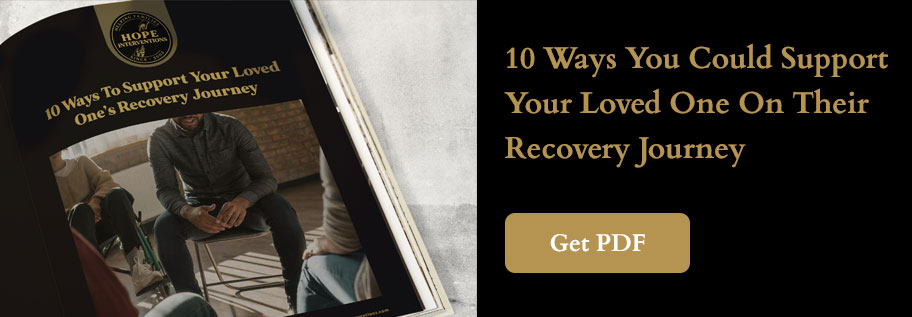In recent years, ketamine has made headlines for its use in treating depression, anxiety, and PTSD. But what began as a promising breakthrough is now revealing a darker side: a sharp rise in ketamine misuse, dependence, and addiction—especially among young adults and those seeking fast emotional relief.
As of 2025, treatment centers in both the U.S. and abroad are reporting a surge in ketamine-related admissions, and families are left confused, concerned, and in many cases, unprepared.
At Hope Interventions, we help families understand emerging addiction trends—and offer professional interventions when early signs escalate into serious danger. Here’s what every family should know about the rising crisis of ketamine addiction.
What Is Ketamine?
Ketamine is a dissociative anesthetic originally used in surgical and veterinary medicine. More recently, it’s gained popularity in off-label use for mental health treatment, administered in low doses under medical supervision.
But outside of clinical settings, ketamine is also a recreational club drug known for its dissociative, hallucinogenic effects. On the street, it’s known as:
- “Special K”
- “K”
- “Kit Kat”
- “Vitamin K”
At higher doses, ketamine can produce:
- Intense detachment from reality
- Visual and auditory hallucinations
- “K-holes” — a frightening state of full-body dissociation
The Rise of Ketamine Addiction in 2025
A Growing Global Concern:
- In the UK, the number of people entering treatment for ketamine use rose over 800% between 2014 and 2024.
- In the U.S., unregulated ketamine clinics have popped up rapidly, with little oversight or long-term monitoring.
- Some users start with clinical ketamine therapy but begin misusing at home, mixing it with alcohol, benzos, or opioids.
- Ketamine is increasingly being ordered online or acquired through illicit labs.
High-Risk Groups Include:
- Young adults and college students
- People with treatment-resistant depression
- Those with trauma histories seeking emotional escape
- Individuals already in recovery from other substances
Signs of Ketamine Abuse and Addiction
If your loved one is misusing ketamine, you may notice:
- Memory problems or confusion
- Frequent dissociation or feeling “spaced out”
- Neglected responsibilities at work or school
- Binge patterns followed by periods of withdrawal
- Bladder issues — a unique risk with chronic ketamine use (“ketamine bladder”)
- Increased tolerance and use of higher doses to feel the same effect
- Defensiveness or secrecy around usage
- A history of trauma or untreated mental illness
Ketamine may seem “harmless” to those using it—but over time, it can lead to serious cognitive, psychological, and physical harm.

What to Do if You Suspect Ketamine Addiction
1. Don’t Dismiss It
Because ketamine has a reputation as a “therapeutic tool,” many families overlook early signs. But even “medical” use can spiral without structure, accountability, or professional guidance.
2. Seek an Evaluation
A professional assessment can determine whether your loved one’s use is therapeutic, misused, or addictive. Don’t wait for them to “crash” before intervening.
3. Consider a Professional Intervention
If your loved one refuses to acknowledge a problem, a trained interventionist can help you break through denial and present treatment options in a structured, compassionate way.
How Hope Interventions Can Help
We work with families around the world facing emerging and complex addictions, including ketamine misuse. Our services include:
- ✔️ Professional intervention planning and facilitation
- ✔️ Crisis response and risk assessment
- ✔️ Sober transportation to detox or residential care
- ✔️ Connection to ketamine-specific treatment providers
- ✔️ Post-intervention support for families
Whether your loved one is misusing ketamine as a coping mechanism, has developed a dependency, or is blending it with other substances—we can help guide the way forward.
Recovery Is Possible
Ketamine addiction can feel confusing and isolating—especially when it involves a substance often associated with healing. But addiction doesn’t discriminate. And denial doesn’t protect anyone.
The good news? Recovery is absolutely possible. With the right support, structure, and intervention, your loved one can return to stability—and rediscover life without relying on escape.
📞 Contact Hope Interventions today for a private consultation. If you’re concerned about ketamine use in your family, the time to act is now.

